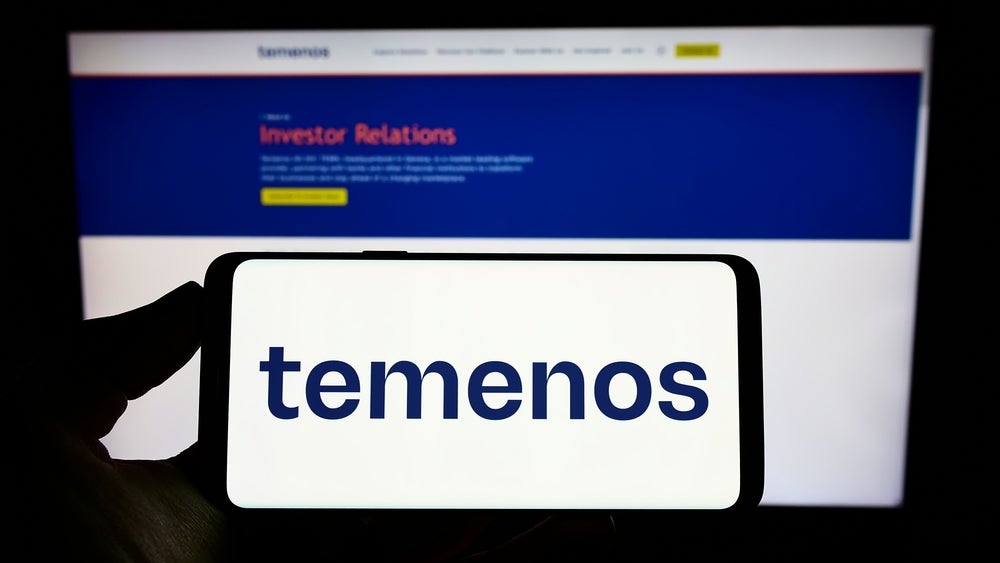Visa Europe violated EC rules on restrictive business practices,
and has ordered the card network to pay a €10.2 million ($14.5
million) fine for refusing to let Morgan Stanley issue Visa credit
cards in Europe.
In 1999, Morgan Stanley incorporated Morgan Stanley Bank in the UK
and in 2000 Morgan Stanley Bank sought to become a member of the
Visa organisation. For six years, the card scheme kept the bank out
of the network it runs that allows banks to issue Visa-branded
cards and accept payments across Europe. This meant that Morgan
Stanley could allow retailers dealing with it to accept only
MasterCard, making Morgan Stanley a less desirable option for
retailers because it would not allow them deal with the 60 percent
of the market owned by Visa.
Visa eventually acquiesced in September 2006.
The investigation into the matter by the European Union was sparked
by a complaint from Morgan Stanley in 2000, which it retracted
after it was finally allowed to join the network. However, the EC
announced that the fine was to be a warning shot for Visa for
keeping Morgan Stanley out of its network for such a long time.
Despite the two companies coming to an agreement, the EC said, it
believed the fine was justified as Visa had continued to block
Morgan Stanley for two years after 2004, when European regulators
first objected to its position.
European Commissioner for Competition Neelie Kroes has stated that
regulators would not tolerate anti-competitive behaviour and would
be willing to intervene again if it transpired that companies had
been illegally refused membership of payment card networks.
Visa defends position
How well do you really know your competitors?
Access the most comprehensive Company Profiles on the market, powered by GlobalData. Save hours of research. Gain competitive edge.

Thank you!
Your download email will arrive shortly
Not ready to buy yet? Download a free sample
We are confident about the unique quality of our Company Profiles. However, we want you to make the most beneficial decision for your business, so we offer a free sample that you can download by submitting the below form
By GlobalDataIn response to the ruling, made on 3 October, Visa Europe’s
president and CEO, Peter Ayliffe, insisted that the company will
appeal the decision. “We do not believe that Visa Europe infringed
EU competition law. There is no value as a precedent to this
decision. The commission continued to pursue this case even after
Morgan Stanley Dean Witter had withdrawn their complaint and the
matter was settled between the parties,” he said in a statement
issued by Visa.
In defending its exclusion of Morgan Stanley, Visa Europe had
claimed that its own company rules would not allow it to accept a
rival card issuer – at the time, Morgan Stanley owned the Discover
card network in the US. The EU said that this refusal was “unfair
and discriminatory”, as Discover cards were not available in
Europe.
The EC also highlighted the fact that Visa had already admitted
Citigroup as a member bank, even though it operated the Diners Club
network, which Visa might equally have considered a rival.
Competition in European payments
The commission found that the exclusion of Morgan Stanley from Visa
membership restricted competition in the provision of credit card
acceptance services to merchants in the UK. Until Visa admitted
Morgan Stanley as a member in 2006, Morgan Stanley’s EU card
operations were confined to issuing MasterCard cards in the
UK.
Morgan Stanley was one of only a handful of banks to have thought
about entering a market that required enhanced competition.
“Morgan Stanley had concrete plans and expertise to contribute to
more efficient competition and generate positive effects on prices
and the quality of service in a highly concentrated market,” said
the regulator.
Ayliffe has stated that he believes the EC should be focused more
on the investigation of competition issues that are vital to the
European economy.
“The commission has been pondering the future of interchange for
over a decade but has yet to provide the certainty desperately
needed to allow Europe’s banks to invest in developing a true
internal market in payments. Visa Europe believes that if the
commission is truly committed to competition in European payments
it would be better prioritising its resources on the unresolved
interchange issue which threatens to curtail the growth of
electronic payments to the detriment of all of Europe’s businesses
and consumers,” Ayliffe said.
In a recent interview with CI, Ayliffe stressed the importance for
Visa Europe of developing the European payments market (see
CI 388). “Visa Europe and the commission need to maintain focus
on realising the laudable goals of delivering SEPA, the Payment
Services Directive and the internal market in payments, rather than
the commission pursuing investigations on matters already
resolved,” he said.







